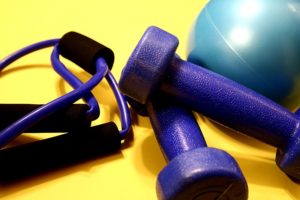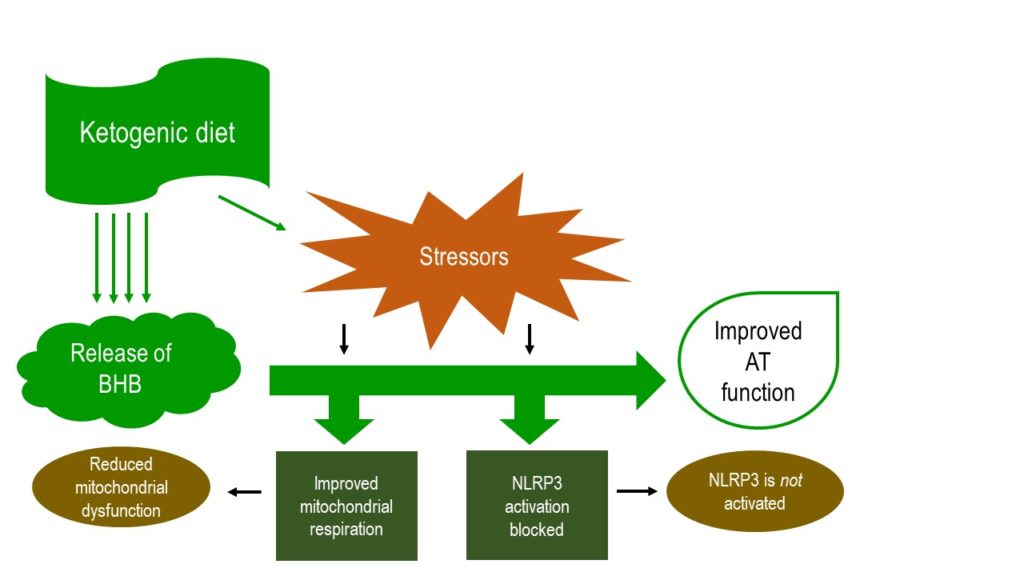My colleagues over at Lipedema Simplified, Drs. Catherine Seo and Leslyn Keith, are lipedema researchers. Through their work with lipedema patients and their research team, they formed the ketogenic hypothesis for lipedema. It is definitely a breakthrough and a gamechanger for those doing research into nutrition, and ketogenic diets.

What is Lipedema?
Most people have never heard of lipedema, but it is actually not as rare as you would think. Lipedema occurs only in women, and is routinely misdiagnosed as obesity. Therefore, some of the women out there who think they are obese really have lipedema.
And they are literally going crazy, because they are trying everything to lose weight, and nothing seems to work. This is why Drs. Seo and Keith explored the ketogenic hypothesis for lipedema.
Lipedema is a metabolic condition that severely impacts mental and physical health. Women who have lipedema may experience the following symptoms, regardless of their weight:
- Concentration of fat in the lower body compared to the upper body, and especially the legs, but not the ankles and feet
- The leg fat feels abnormal and is very painful
- Because this is a metabolic condition and involves pain, it also impacts mental health and quality-of-life
If you think you might have lipedema, or you might know someone with lipedema, I strongly encourage you to read this book authored by Dr. Seo that is aimed at both clinicians and the general public to help everyone better understand this condition.

What is the Ketogenic Hypothesis for Lipedema?
The exact mechanisms behind what is going wrong in lipedema still remain a mystery. But Drs. Seo and Keith took an interesting approach to try to better understand them. They observed that other metabolic disorders had been addressed successfully with a ketogenic diet, otherwise known as the ketogenic way of eating, or simply “keto”. Ketogenic means that the diet is very very low in carbohydrates, and is high in fat, so that the calories in the diet come mostly from fat and not from carbohydrates. They worked with some lipedema patients who were willing to try this way of eating, and they found that their symptoms improved! From our paper:
“From anecdotal experiences with these patients with lipedema, as well as reports from hundreds of others who participate in our online meetings and support groups, we came to believe that adopting a ketogenic diet reduces lipedema symptoms for most patients.”
What is the Mechanism Behind the Ketogenic Hypothesis for Lipedema?
Since a picture is worth a thousand words, and since our paper is open access, I will reprint the two diagrams from our paper that basically sum up the ketogenic hypothesis for lipedema.
First, we have what’s going wrong:

In this diagram, on the way right, the dark red, hot, inflamed adipose tissue shape represents the painful fat that lipedema patients have on their legs. Our hypothesis says that this inflammation is caused by different stressors, and especially oxidative stress. On the left side of the diagram, environmental stressors lead to mitochondrial dysfunction which facilitates NLRP3 activation, which induces pyroptosis, and adds to oxidative stress. The pyroptosis releases the inflammatory substances into tissue, and in these lipedema patients, we think this results in a chronic immune response involving a pretty much constant release of neutrophils and macrophages. All that leads to multinucleated crown structures, and inflames the adipose tissue, continuing the pain and misery.
So here is how we think the ketogenic way of eating disrupts this process:

As you can see by the left side of the diagram, we believe the ketogenic way of eating induces the release of BHB. This BHB essentially blocks the impact of the oxidative stress. It blocks the activation of NLRP3, and the mitochondria do not freak out. This prevents the particularly insidious pyroptosis, therefore, we don’t get the chronic release of neutrophils and macrophages, so the adipose tissue stays healthy. So we really think it’s the action of BHB that is released through the adoption of the ketogenic way of eating that disrupts this inflammatory cascade in lipedema patients.


Want to learn more about the ketogenic way of eating for lipedema symptoms?
Visit Lipedema Simplified and see how to get started with their free ebook!
Get the ebook!Updated December 5, 2020. Exercise equipment image from the CDC.
Lipedema, a severe metabolic disorder, is more common than originally thought. A non-trivial proportion of women who struggle with obesity actually have undiagnosed lipedema. I am on a research team that just published a peer-reviewed article that presents the ketogenic hypothesis for lipedema, and here, I present a summary.

